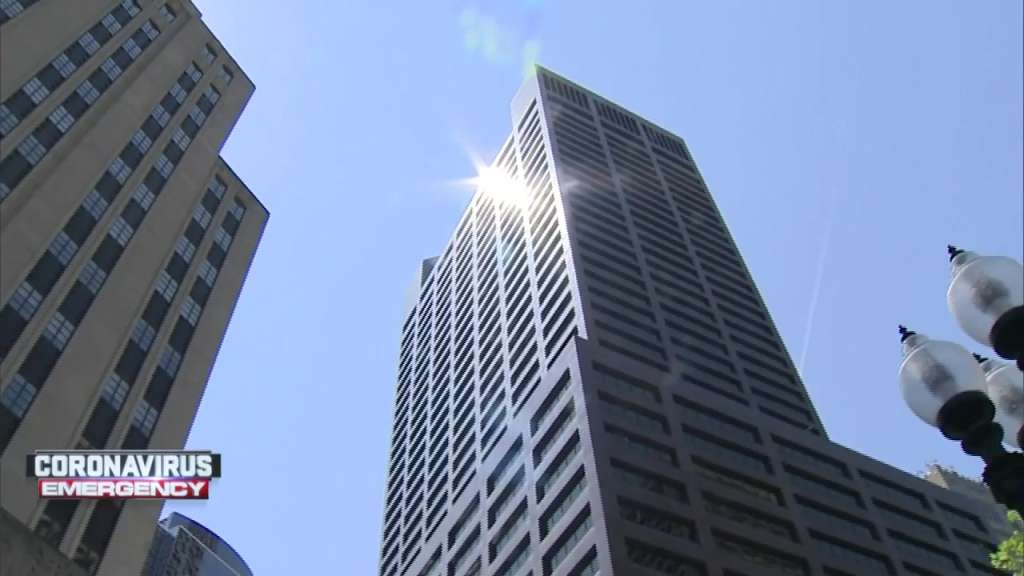BOSTON (AP) — The rise of hybrid and remote work during the past year and a half is just one of the ways the future of business in Massachusetts could change in the post-pandemic years — shifting the state’s economic “center of gravity” away from the greater Boston core, according to a report released Tuesday by the Baker administration.
Even as COVID-19 concerns ease, public transit ridership likely won’t return to pre-pandemic level, with the steepest decline likely in commuter rail, according to the report, which found business travel may also fall compared to pre-COVID-19 levels.
The report anticipates that changes in the economic landscape will require sweeping workforce training programs to connect workers with key skills for the future economy, with as many as 400,000 people needing to transition to different occupations or occupational categories over the next decade.
Republican Gov. Charlie Baker said the state needs to “turbo-charge” those training programs.
“These job training programs are key to meeting these long-term needs but they’re also crucial to closing the skills gap that exists right now throughout our economy,” Baker said at a morning press conference.
The governor also said the state needs to increase the production of new housing and support downtown economies as well as adapt to new transportation demands and promote flexibility in child care options, including increased child care subsidies for lower-income families.
The report tries to anticipate possible work trends through about 2030 and evaluates what the COVID-19 changes could mean during that time — including the use of e-commerce and the adoption of automation. The analysis was commissioned by the administration.
Baker used the report to again press lawmakers to more quickly spend a significant portion — $2.9 billion — of the billions the state has received in federal pandemic relief money. Beacon Hill Democratic leaders say the state should take a more cautious, deliberate approach. Baker’s plan would include $240 million for job-training programs.
“Some of the initiatives, especially around the retraining, we believe we should try and start as soon as possible,” the Republican said. “There are hundreds of thousands of people whose extended federal unemployment benefits are going to end in September.”
Baker’s proposal would also spend $1 billion on housing, with a focus on creating homeownership opportunities in communities of color. He said the state should continue to press for the development of multi-family housing projects close to commuter rail stations and other public transportation hubs.
The report made a number of other predictions, including that demand for office real estate may fall as employees spend more time working from home and that hybrid work will likely drive demand for flexible child care options, including requiring child care business models to evolve. Demand for office real estate could drop by as much as 20% if remote and hybrid work trends continue.
About a third of Massachusetts residents can work remotely — a higher percentage than in most other US states, the report found.
The state’s population — now hovering around 7 million — is likely to grow, but more slowly than before the pandemic, the report also concluded.
The report also highlighted changes to the streetscape across the state that could continue after the pandemic including outdoor dining and more support for alternative transportation modes like cycling, walking and off-road trails.
(Copyright (c) 2024 The Associated Press. All Rights Reserved. This material may not be published, broadcast, rewritten, or redistributed.)

